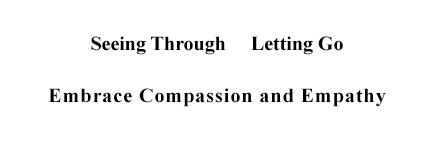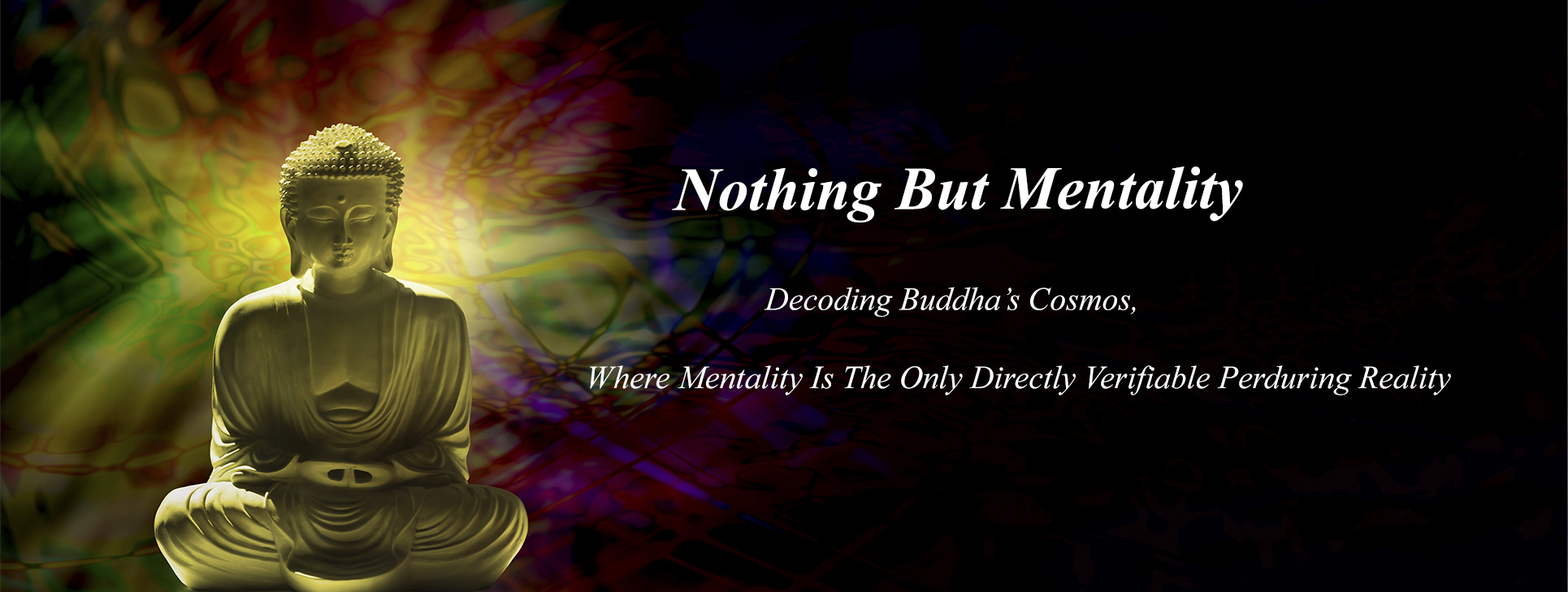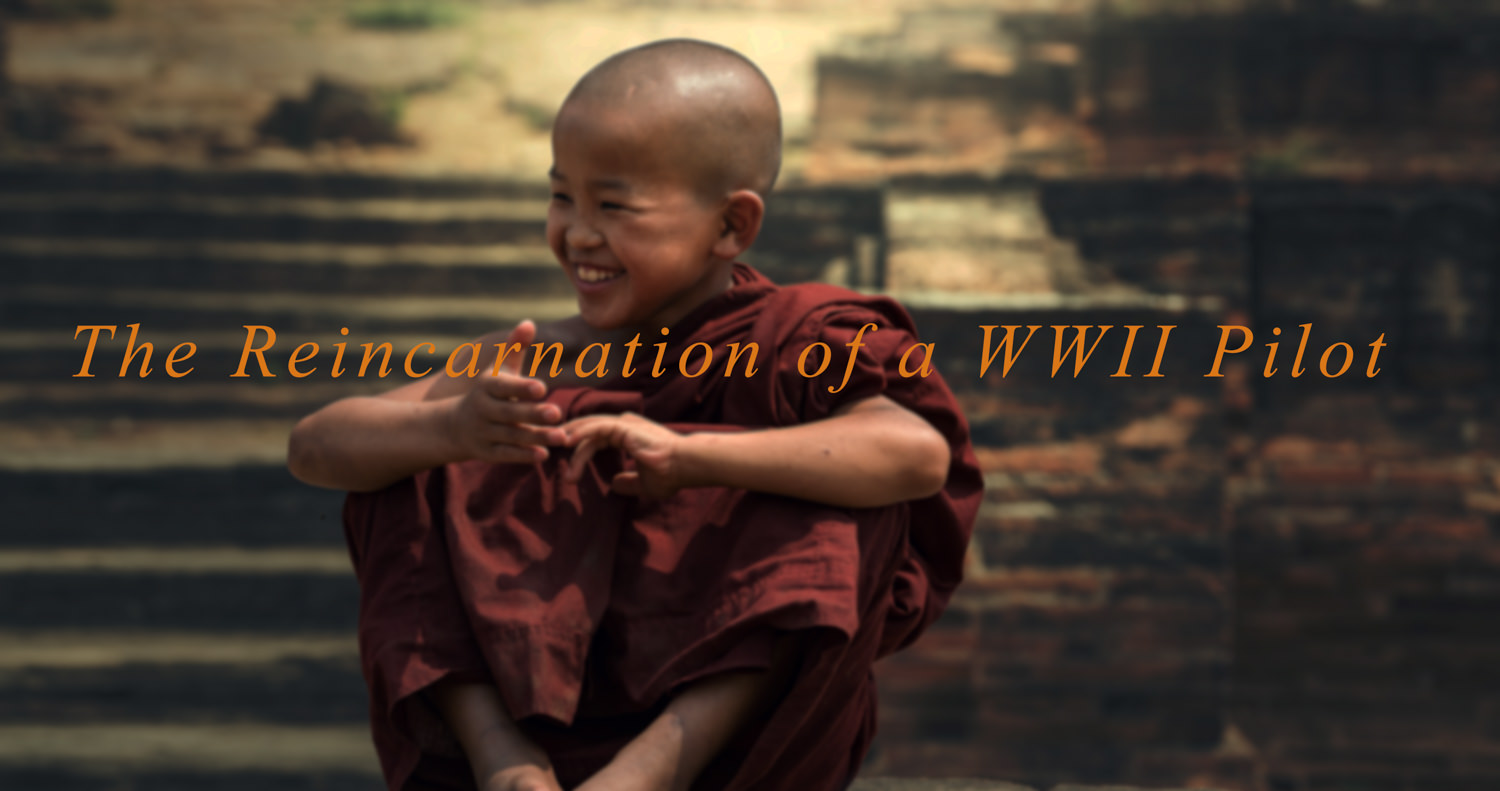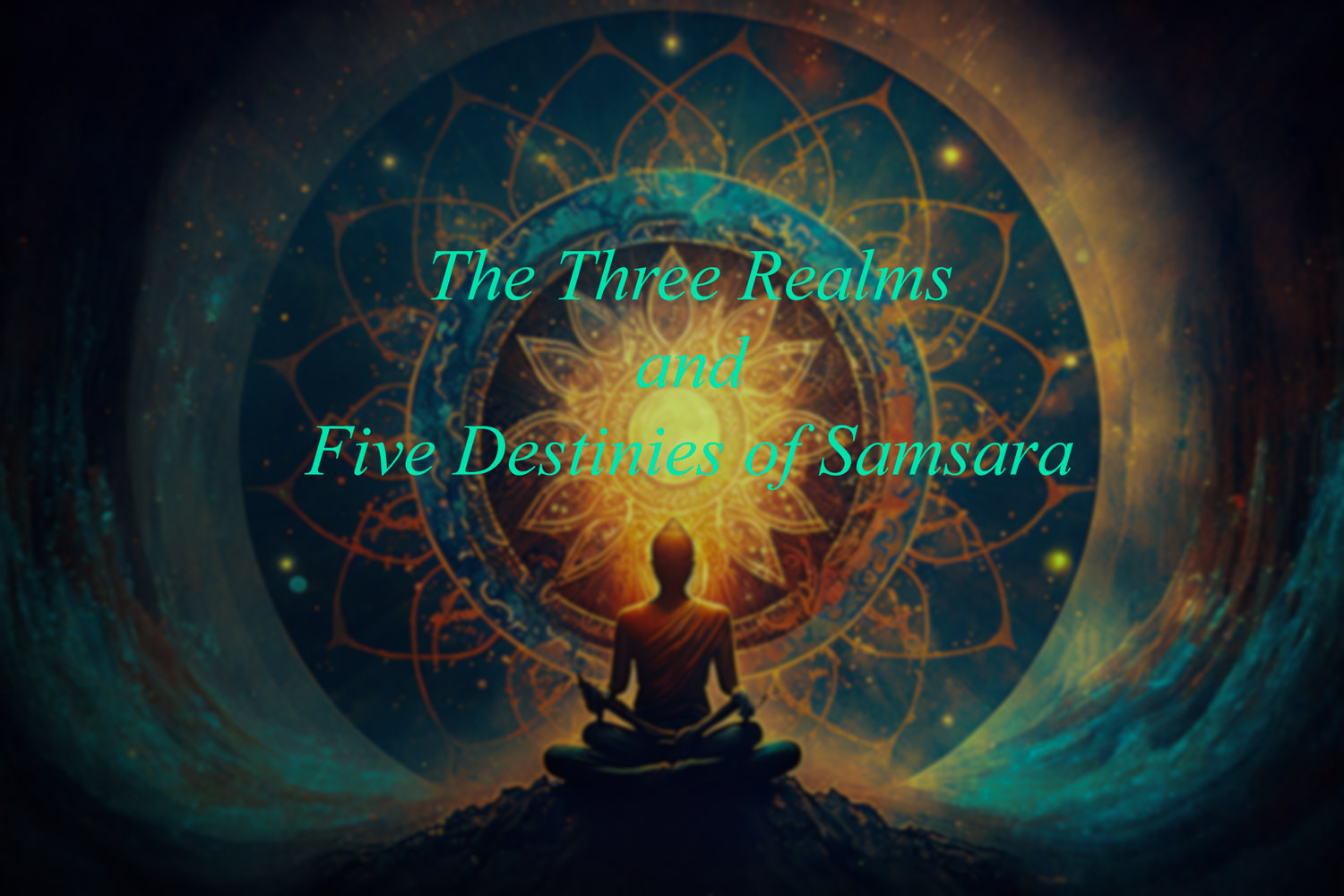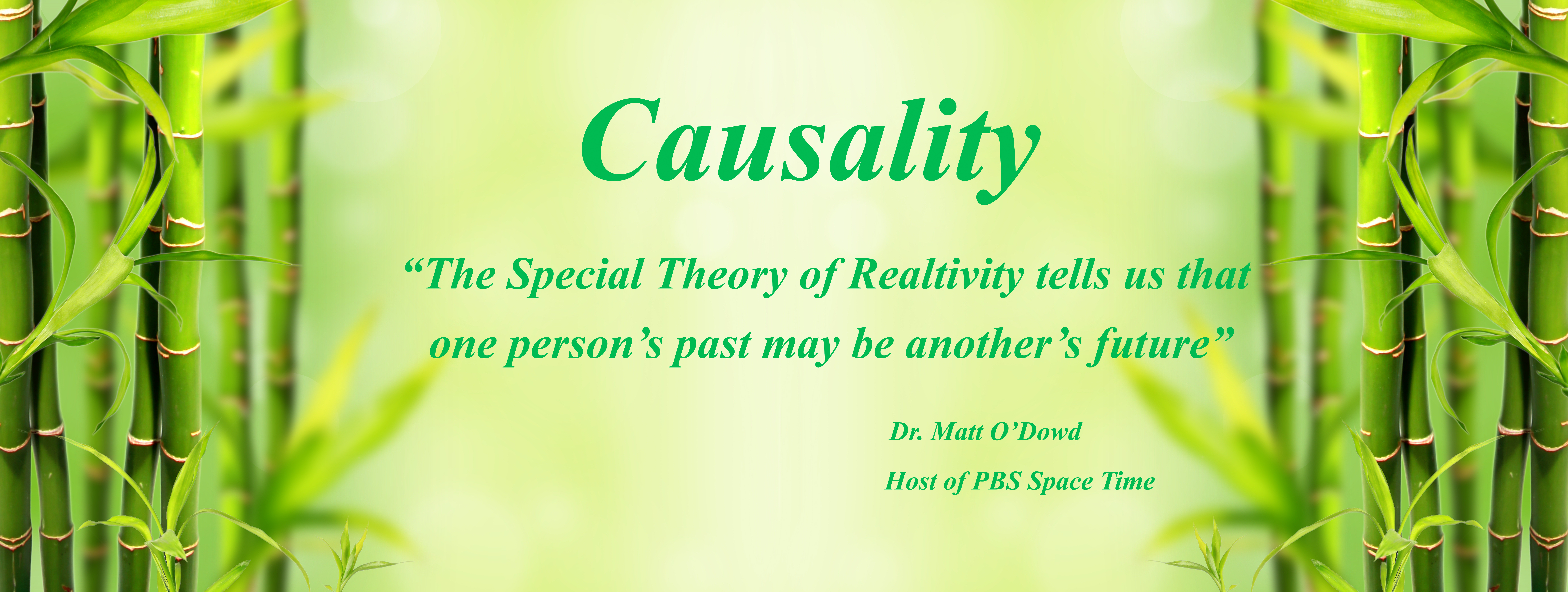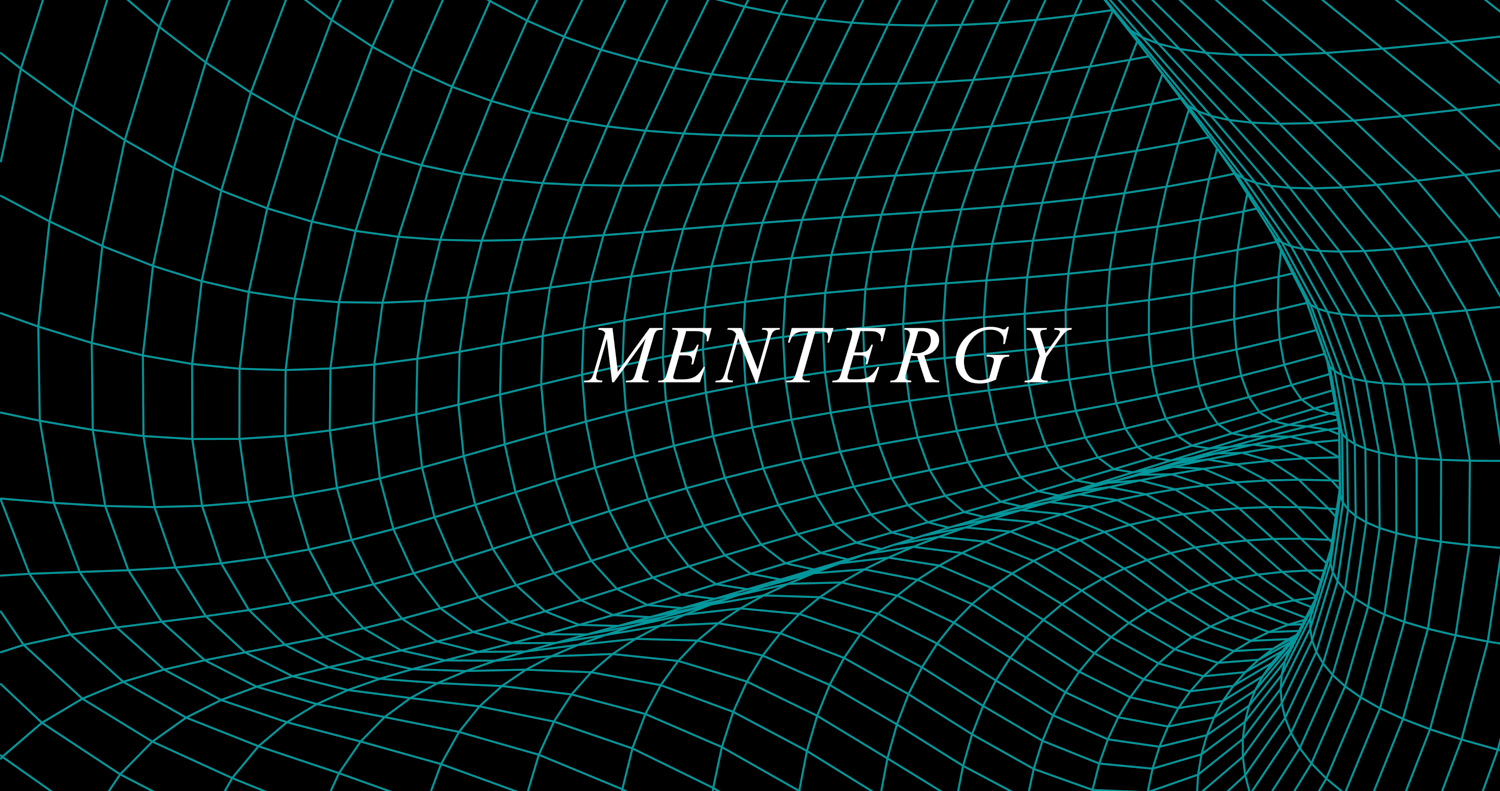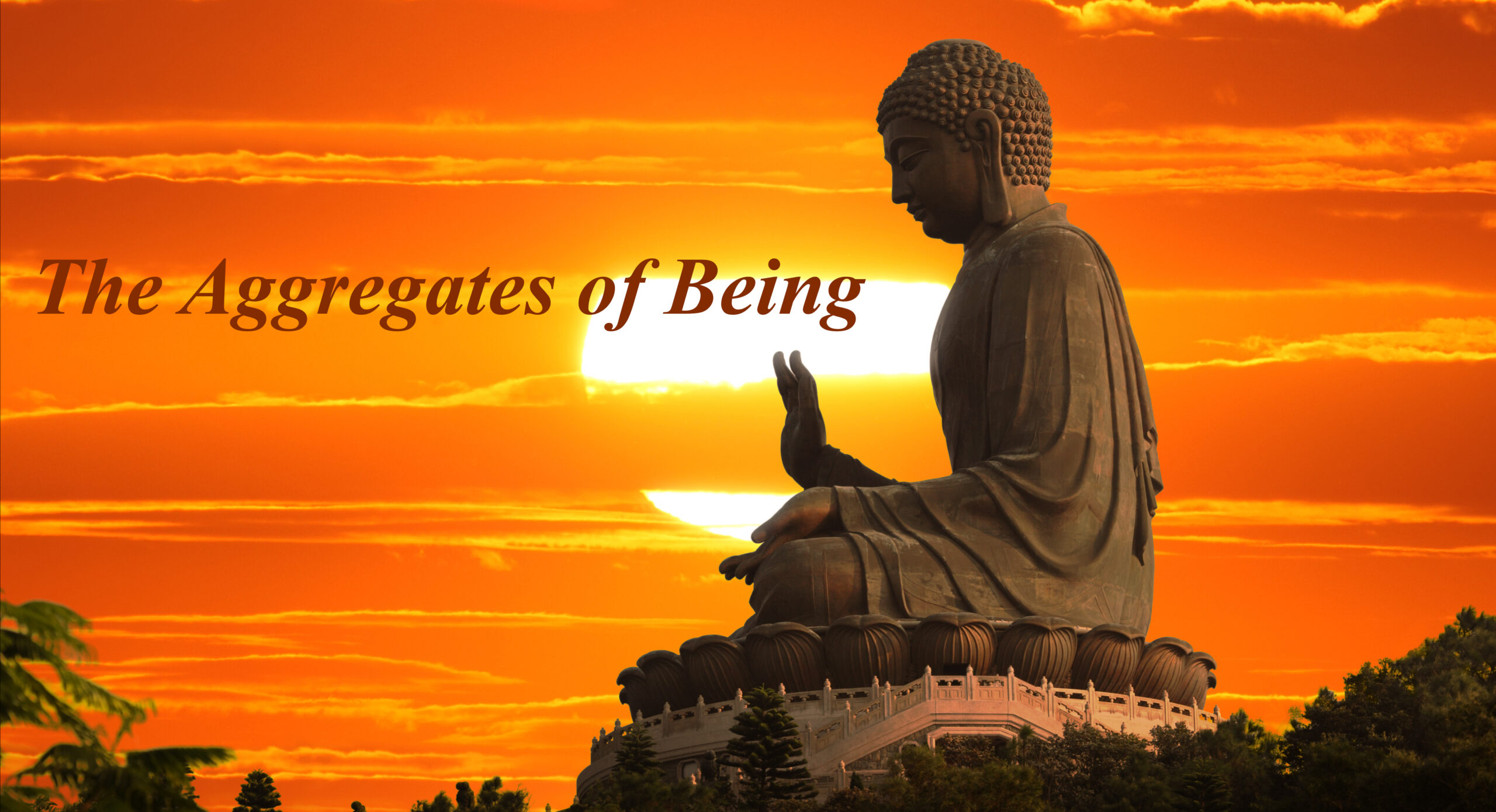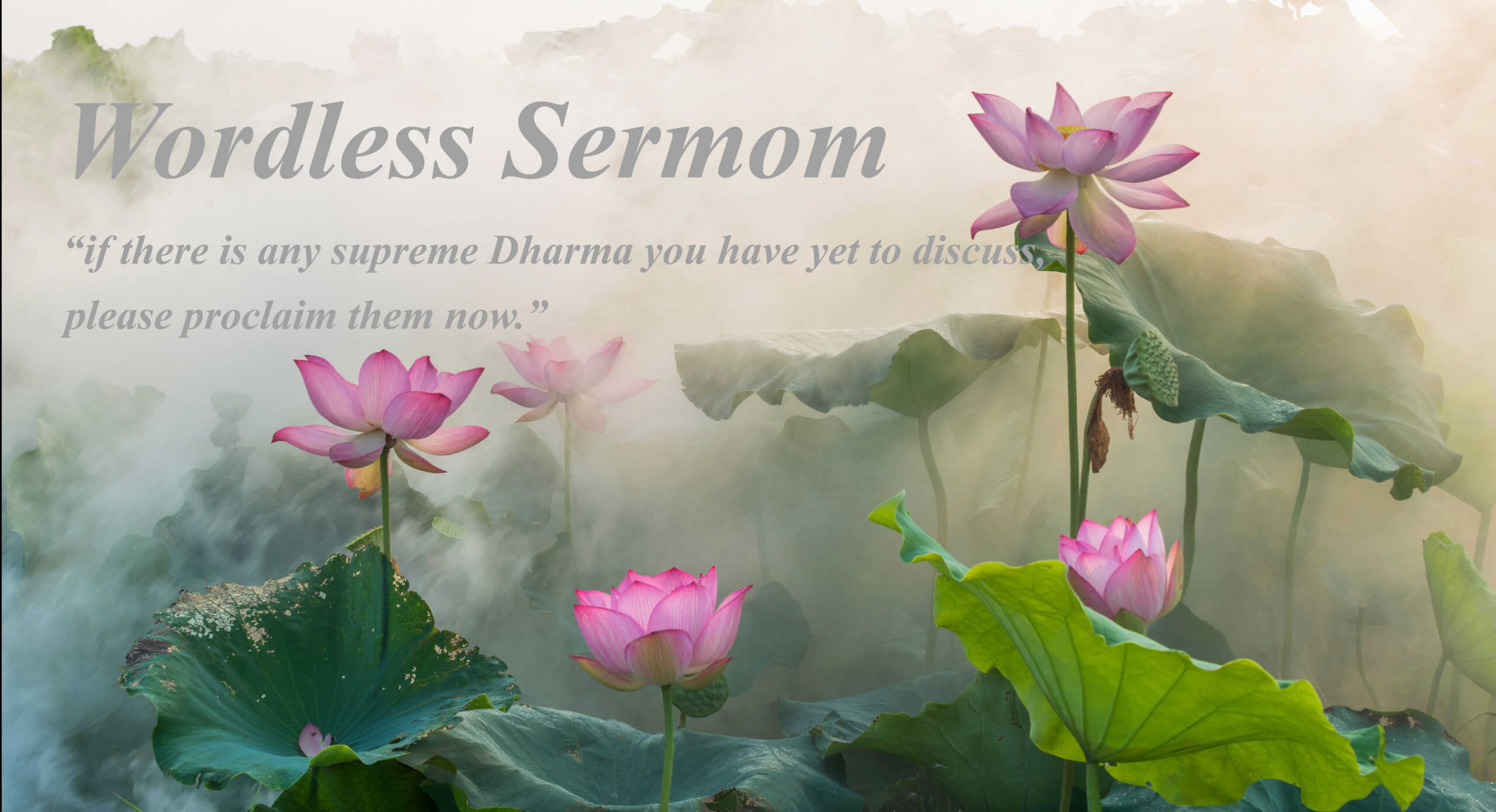Q&A 1: What’s the difference between Buddhist Meditation and Mindfulness?
This question was answered on Quora on April 19, 2024. Among the many answers to the question, no answer has defined Buddhist meditation and the…
32. The Reincarnation of a WWII Pilot
The Reincarnation of James Houston Jr. is a well-known and well-documented reincarnation case, broadcasted on NBC in the United States several decades ago. James Houston Jr. was…
31. The Three Realms and Six Destinies of Samsara
This post discusses the possible places a person undergoing Samsara can end up in. These places are generally called the Three Realms and Six Destinies…
30. Causality
This post discusses Causality, Buddha’s teaching that impacts every human being. However, with the advent of Eistein’s Special Relativity, Causality has also entered the scientific…
29. Mentergy
As a conclusion to the discussion on reality, we examine how combining mentality and energy into a single concept, such as mentergy, will not only…
28. The Observer Effect
In this post, we discuss the Observer Effect. The Observer Effect is associated with the Double-Slit Experiment and was discovered in 1801 by British polymath Thomas…
27. Liberation! The Emptiness of the Five Aggregates
In this post, we discuss the Heart Sutra and how Mahabodhisattva Avalokiteśvara liberates himself from suffering by realizing the Empiness of the Five Aggregates. Before…
26. Namarupa
In this post, we discuss namarupa. Like the Five Aggregates, namarupa suggests that rupa is not what it seems to be. Namarupa (Chinese=名色), according to…
25. Epistemology (v) The Five Aggregates
In this post, we discuss the Five Aggregates. Aggregate is known in Sanskrit as skandha. Skandha (Chinese=蘊), according to The Princeton Dictionary of Buddhism, is…
24. Epistemology (iv) The Wordless Sermon
In this post, we discuss Buddha’s most unique sermon on epistemology in his Flower Sermon, conducted in response to the question, “If there is any…
